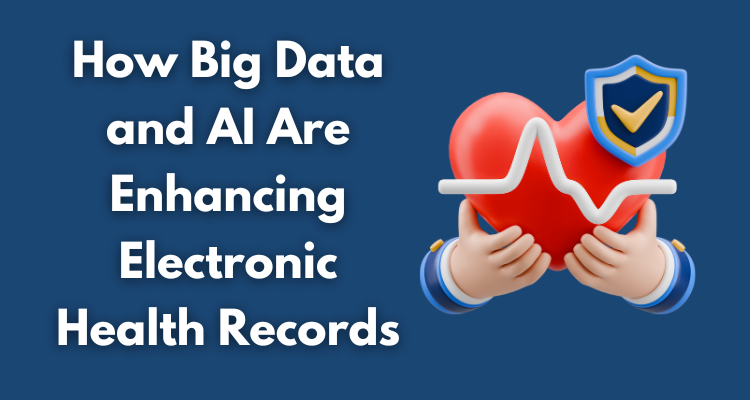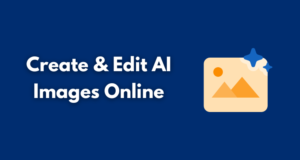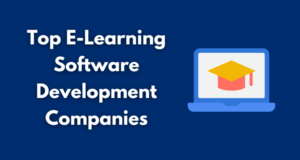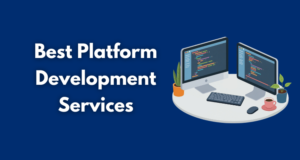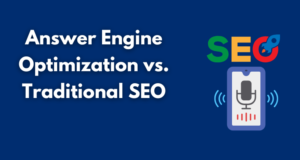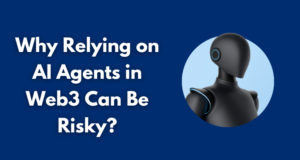combination of Big Data and Artificial Intelligence (AI) is transforming Electronic Health Records (EHRs) from static repositories into dynamic, intelligent systems. Once designed merely to store patient data, modern EHRs now actively assist in decision-making, streamline workflows, and improve care coordination across the healthcare continuum.
This transformation is being driven by innovations in custom healthcare software development, healthcare data analytics services, and seamless integration with systems like Epic and enterprise healthcare ERP solutions. Together, they’re helping providers deliver smarter, faster, and more personalized care.
Table of Contents
ToggleThe Evolving Role of EHRs
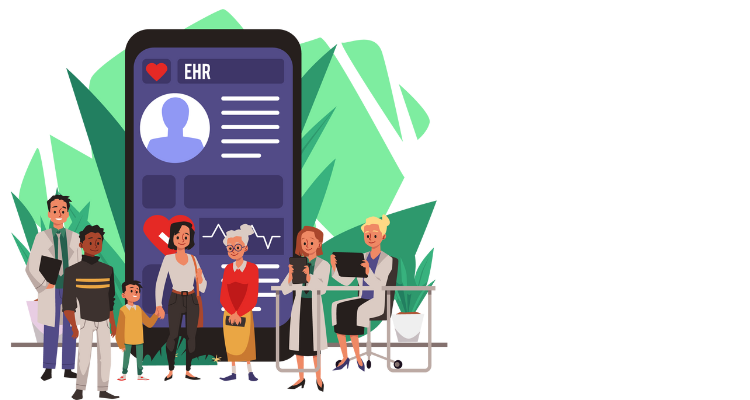
Originally, EHRs were digital versions of paper charts, structured databases containing diagnoses, medications, and lab results. However, with the exponential growth of healthcare data from multiple sources, such as labs, imaging systems, wearable devices, and patient apps, the nature of EHRs has fundamentally changed.
Big Data has expanded the scope of what EHRs can handle. Now, they don’t just store information; they analyze it, connect it, and make it usable. By combining this data with AI algorithms, EHRs are evolving into predictive engines that support clinicians in diagnosing diseases, identifying risks early, and personalizing treatment plans.
Understanding Big Data in Healthcare
Big Data in healthcare is defined by its volume, variety, velocity, and veracity, vast amounts of structured and unstructured data that flow continuously from multiple sources. This includes everything from clinical notes and diagnostic images to real-time biometric readings from wearable devices.
However, data by itself holds little value unless it is appropriately managed and interpreted. That’s where healthcare data analytics services come in. Advanced analytics tools can mine this data, discover hidden patterns, and provide actionable insights to healthcare organizations. These insights enable better decision-making, improved patient outcomes, and operational efficiency.
When Big Data is effectively integrated into EHR systems, physicians gain a 360-degree view of each patient’s health, spanning medical history, lifestyle data, genetic factors, and even real-time health updates from connected devices.
How AI Brings Intelligence to EHRs
Artificial Intelligence acts as the brain behind modern EHR systems. It enables machines to interpret massive data sets, detect correlations, and learn from outcomes, turning raw data into meaningful predictions and recommendations.
Some of the most impactful AI applications in EHRs include:
- Predictive Analytics:
AI models trained on EHR data can identify patients at risk of chronic diseases, hospital readmissions, or complications before symptoms escalate. This allows healthcare providers to intervene early and prevent costly emergencies. - Clinical Decision Support:
AI tools can analyze a patient’s record in seconds and suggest evidence-based treatment options. They can also flag potential drug interactions or diagnostic oversights, helping physicians make more confident decisions. - Natural Language Processing (NLP):
Clinicians often write notes in unstructured text. NLP algorithms extract useful data from these notes, ensuring that vital information doesn’t get lost. This also reduces manual data entry time and minimizes errors. - Automated Workflows:
AI-powered automation tools can summarize patient encounters, draft discharge notes, or schedule follow-up reminders, allowing clinicians to focus on patient care instead of administrative tasks. - Personalized Medicine:
By combining data from genomics, lifestyle apps, and wearable devices, AI-powered EHRs can recommend personalized care plans tailored to each patient’s unique profile.
Interoperability and the Role of Integration
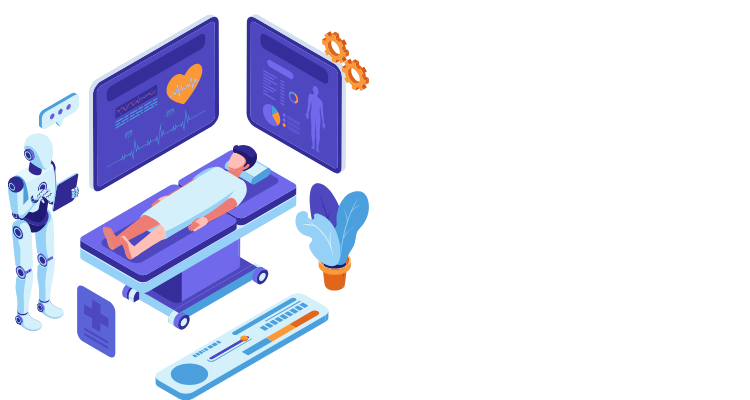
For AI and Big Data to enhance EHRs effectively, interoperability is essential. Many healthcare organizations struggle with fragmented systems that don’t communicate with one another. Epic integration and similar interoperability solutions are helping bridge this gap by connecting diverse systems across clinical, financial, and administrative domains.
Through seamless data exchange, providers gain a unified view of the patient journey, whether it’s lab data from one system or telemedicine consultations from another. Such integration ensures that insights generated by AI are based on the most complete and up-to-date patient data.
This interoperability extends beyond hospitals. With telemedicine app development services, healthcare providers can capture and integrate virtual consultation data into the main EHR system. Similarly, fitness app development services enable wearable and wellness data, such as heart rate or sleep metrics, to flow directly into patient records. The result is a more holistic and continuous model of care.
Big Data + AI: Transforming EHR Capabilities
The true value of combining Big Data and AI lies in the new capabilities they unlock for EHR systems. Some of these include:
- Predictive and Preventive Care:
EHRs enhanced by predictive analytics help clinicians anticipate risks such as sepsis or heart failure and intervene before emergencies occur. - Population Health Management:
AI-driven EHRs can analyze data across entire populations to identify trends, measure outcomes, and manage chronic diseases more effectively. - Smarter Clinical Research:
Big Data from EHRs accelerates clinical trials by identifying suitable patient cohorts and predicting responses to treatments. - Reduced Clinician Burnout:
Automation and AI assistance reduce the administrative load, freeing clinicians from repetitive data entry and documentation tasks. - Enhanced Patient Engagement:
Patients can access and update their health information through connected apps, receive AI-driven reminders, and actively participate in their care journey.
Supporting Infrastructure: ERP and Custom Development
Behind every modern EHR transformation lies a strong technological backbone.
Custom healthcare software development enables organizations to build tailored solutions that align with their specific workflows, compliance needs, and scalability goals.
At the same time, healthcare ERP solutions unify clinical, operational, and financial systems, ensuring data consistency and efficiency across departments. When EHR systems are integrated with ERP platforms, healthcare providers can better manage resources, track performance metrics, and improve financial transparency.
Moreover, through AI-enabled ERP integration, health organizations can forecast demand, optimize scheduling, and manage supplies, bridging the gap between patient care and operational management.
Real-World Benefits of Intelligent EHRs
When implemented effectively, Big Data and AI-driven EHR systems deliver tangible benefits across the ecosystem:
- For Patients:
More accurate diagnoses, personalized treatment plans, and continuous care through connected devices and telemedicine. - For Clinicians:
Reduced administrative burden, faster data retrieval, and AI-powered insights that improve decision-making. - For Healthcare Organizations:
Enhanced operational efficiency, reduced costs, better compliance tracking, and improved patient satisfaction.
By integrating EHRs with data from telemedicine platforms, fitness apps, and ERP systems, healthcare organizations gain a single, unified view of patient health, transforming how care is delivered and managed.
Challenges and Considerations
Despite the advantages, several challenges persist. Data privacy, interoperability standards, and clinician adoption remain critical factors. Ensuring that AI algorithms are transparent, unbiased, and secure is equally important. Healthcare organizations must also invest in training and change management to help clinicians trust and effectively use these tools.
The Future: From Digital to Intelligent EHRs
The future of EHRs lies in continuous intelligence. As AI models evolve and data sources grow richer, EHRs will become even more intuitive, anticipating physician needs, alerting care teams proactively, and learning from every interaction.
We are entering an era where Big Data and AI, combined with advanced healthcare ERP solutions, Epic integration, and connected telemedicine and fitness platforms, will power a new kind of healthcare ecosystem, one that’s predictive, personalized, and truly patient-centric.
Final Thoughts
Big Data and AI are not merely enhancing EHRs; they are redefining them. From smarter diagnostics to predictive insights and automated workflows, EHRs are becoming intelligent collaborators in patient care. This transformation is being accelerated by a blend of technologies, from custom healthcare software development to healthcare data analytics services, telemedicine app development services, fitness app development services, Epic integration, and healthcare ERP solutions.
Together, these innovations are shaping a healthcare future where data isn’t just recorded, it’s understood, connected, and used to improve every patient’s life.

